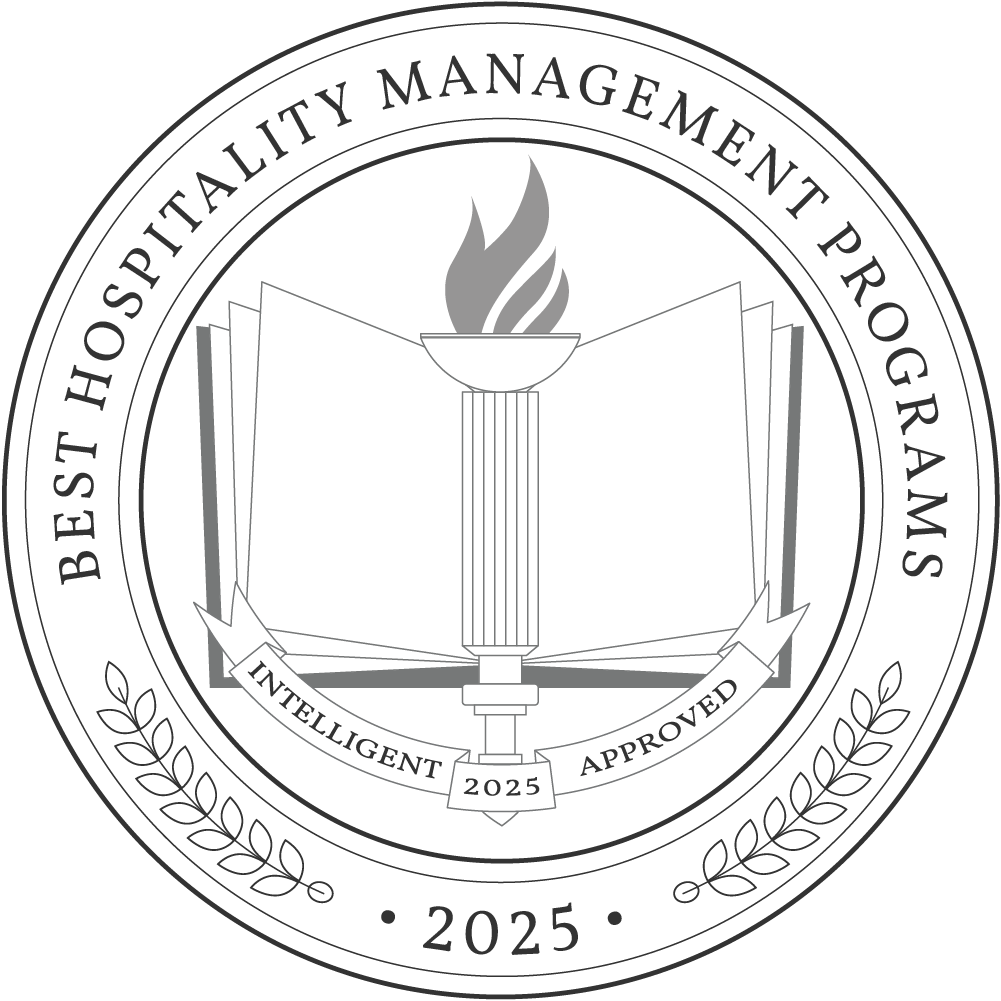A bachelor’s degree in hospitality management prepares students for managerial positions in restaurants, hotels, events, and tourism. It covers industry-specific knowledge, including brand management, marketing, human resources, and finance, equipping students to manage people, investments, and operations in the hospitality industry. Students graduate to become hotel managers, airline managers, event planners, restaurant managers, and small business owners.
Hospitality managers have an annual median wage of $57,716. Salaries vary greatly depending on location, position, school, and work experience. Students who have completed a degree have a greater chance of being hired for a higher-paying position than those who have not.
Typically, four years of full-time study is required to earn a degree in hospitality management. A part-time program will take longer to complete. Depending on the school, 120 to 180 credits are required for graduation. The average yearly cost for a bachelor’s degree is $16,618, with room and board adding $12,415 annually for students who live on campus.
Why Trust Us
The Intelligent.com Higher Education Team is dedicated to providing students with independent, equitable school and program rankings and well-researched resources. Our expert-driven articles cover topics related to online colleges and programs, paying for school, and career outlooks. We use data from the U.S. Department of Education’s College Scorecard, the National Center for Education Statistics, and other reputable educational and professional organizations. Our academic advisory team reviews content and verifies accuracy throughout the year for the most current information. Partnerships do not influence rankings or editorial decisions.
- Analyzed over 2,000 national, accredited, and nonprofit colleges and universities
- 800+ rankings pages are reviewed and updated yearly
- Content is informed by reputable sources, surveys, and interviews with academic advisors and other experts
- Over 100 data points are reviewed for accuracy and quality throughout the year, including sources
How we rank schools
Our list features the best Hospital management degree programs at top colleges nationwide. Each school featured is a nonprofit, accredited institution — either public or private — with a high standard of academic quality for post-secondary institutions.
We evaluated each school’s program on tuition costs, admission, retention and graduation rates, faculty, reputation, and the student resources provided for online students. We collected data from trusted sources like the National Center for Education Statistics, individual school and program websites, school admissions counselors, and other data sources. Then, we calculated the Intelligent Score on a scale of 0 to 100 based on the following criterion:
Academic Quality:
- Admission rate versus enrollment rate
- Retention rate of students who return after year one
- Accreditation status (regional and programmatic)
- Nonprofit status, both private and public institutions
Graduation Rate
- Overall graduation rate
- Total number of currently enrolled students, including diversity metrics
- Student-to-faculty ratio
Cost and ROI
- In-state and out-of-state per-credit tuition rates and fees
- Required credits to graduate
- Earning potential after graduation
- Availability of federal student loans, scholarships, and other financial aid options
Student Resources
- Available student services for online-only and hybrid programs
- On-campus amenities like tutoring centers and the number of libraries
Read more about our ranking methodology.
Best 37 Accredited Hospitality Management Programs
FiltersInstitution Type
Status
- Intelligent Score
- Alphabetically By University Name
- Acceptance Rate
- Enrollment
- In-state Graduate Tuition
- Out-of-state Graduate Tuition
- In-state Undergraduate Tuition
- Out-of-state Undergraduate Tuition

University of Central Florida
Intelligent Score: 99.9In-state: $4,478
Out-of-state: $19,810
In-state: $6,916
Out-of-state: $6,916
SAT: 1160-1340
ACT: 25-30
In-State: $105
Out-of-State: $616
On-Campus, Online
Southern Association of Colleges and Schools Commission on Colleges
120
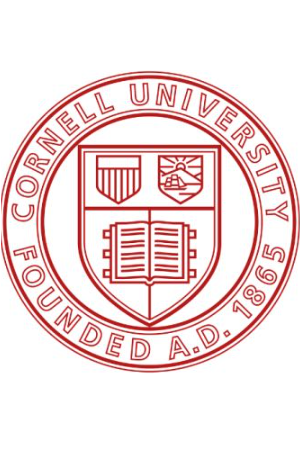
Cornell Nolan
Intelligent Score: 99.32In-state: $69,826
Out-of-state: $92,150
In-state: $95,805
Out-of-state: $95,805
SAT: 1470 to 1550
ACT: 33-35
$1,750
On-Campus
Association to Advance Collegiate Schools of Business
120
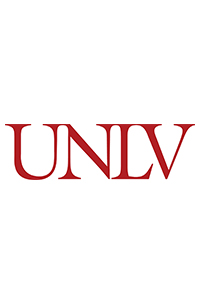
University of Nevada, Las Vegas
Intelligent Score: 99.05In-state: $25,749
Out-of-state: $42,291
In-state: $36,629
Out-of-state: $36,629
SAT: 1000-1220
ACT: 18-24
In-State: $309
Out-of-State: $875
On-Campus, Online
Northwest Commission on Colleges and Universities
120

Boston University
Intelligent Score: 98.18In-state: $56,854
Out-of-state: $56,854
In-state: $56,854
Out-of-state: $56,854
SAT: 1310-1500
ACT: 30-34
$1,994
On-Campus
New England Commission of Higher Education
128
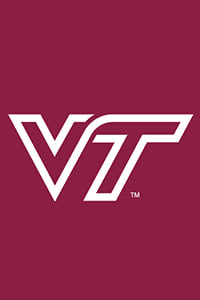
Virginia Tech
Intelligent Score: 97.96In-state: $32,274
Out-of-state: $36,090
In-state: $44,444
Out-of-state: $44,444
SAT: 1210-1410
ACT: 26-32
Resident: $529
Non-Resident: $1,388
On-Campus
Southern Association of Colleges and Schools Commission on Colleges
125
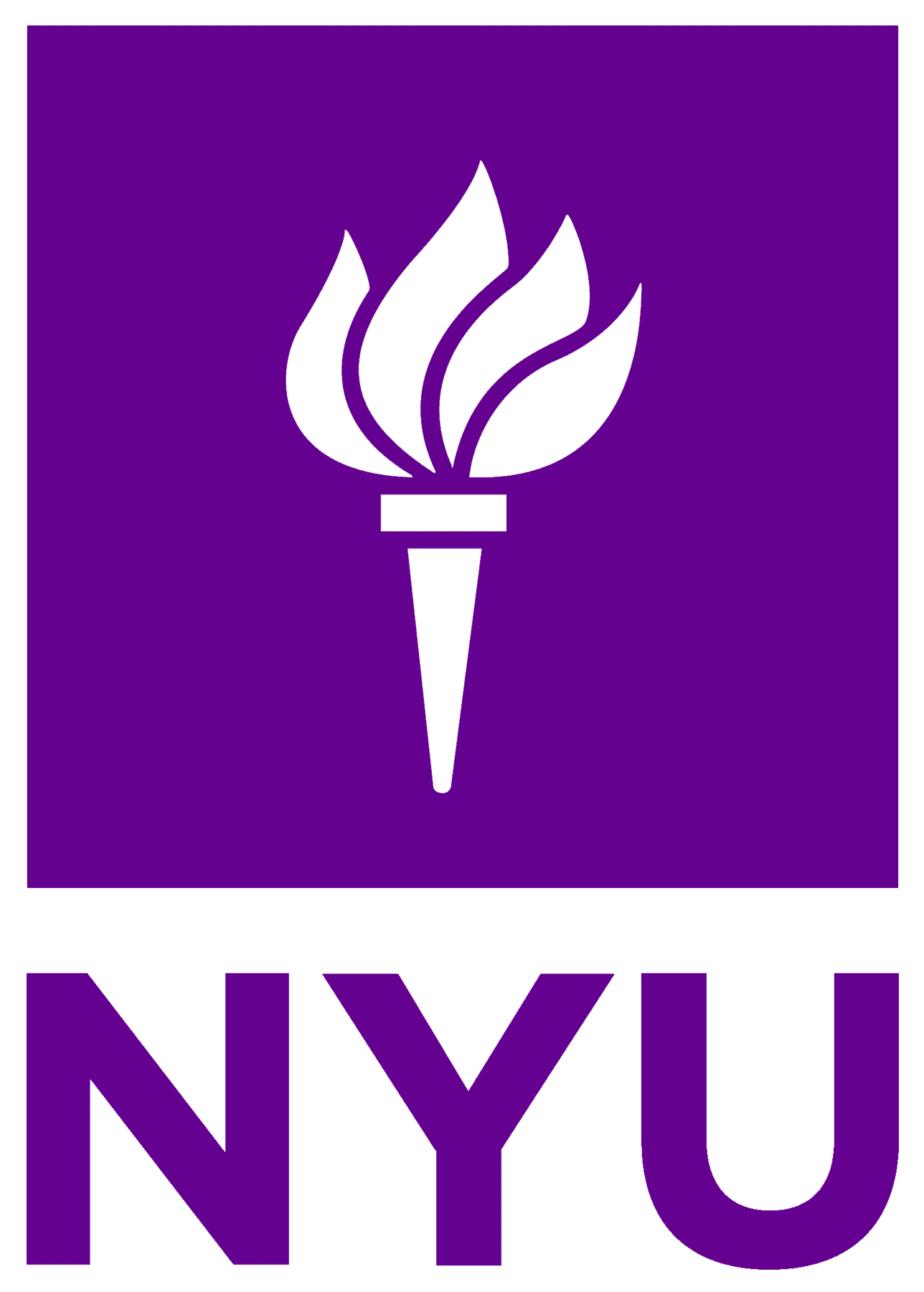
NYU School of Professional Studies
Intelligent Score: 97.63In-state: $52,204
Out-of-state: $52,204
In-state: $34,704
Out-of-state: $34,704
SAT: 1370-1540
ACT: 31-34
$1,861
On-Campus
Middle States Commission on Higher Education
120

University of Massachusetts Amherst
Intelligent Score: 96.77In-state: $15,791
Out-of-state: $35,779
In-state: $14,014
Out-of-state: $14,014
SAT: 1200-1390
ACT: 27-32
In-State: $691
Out-of-State: $1,605
On-Campus
Southern Association of Colleges and Schools Commission on Colleges
120

Florida International University
Intelligent Score: 96.61In-state: $4,721
Out-of-state: $16,529
In-state: $8,912
Out-of-state: $8,912
SAT: 1110-1260
ACT: 23-29
In-State: $205
Out-of-State: $618
On-Campus, Online
Southern Association of Colleges and Schools Commission on Colleges
120

Michigan State University
Intelligent Score: 96.61In-state: $15,555
Out-of-state: $40,384
In-state: $18,858
Out-of-state: $18,858
SAT: 1100-1300
ACT: 23-29
In-State: $521
Out-of-State: $1,434
On-Campus
Higher Learning Commission
120

University of Houston
Intelligent Score: 96.06In-state: $8,449
Out-of-state: $20,665
In-state: $8,539
Out-of-state: $8,539
SAT: 1120-1310
ACT: 22-28
In-State: $385
Out-of-State: $905
On-Campus
Southern Association of Colleges and Schools Commission on Colleges
120
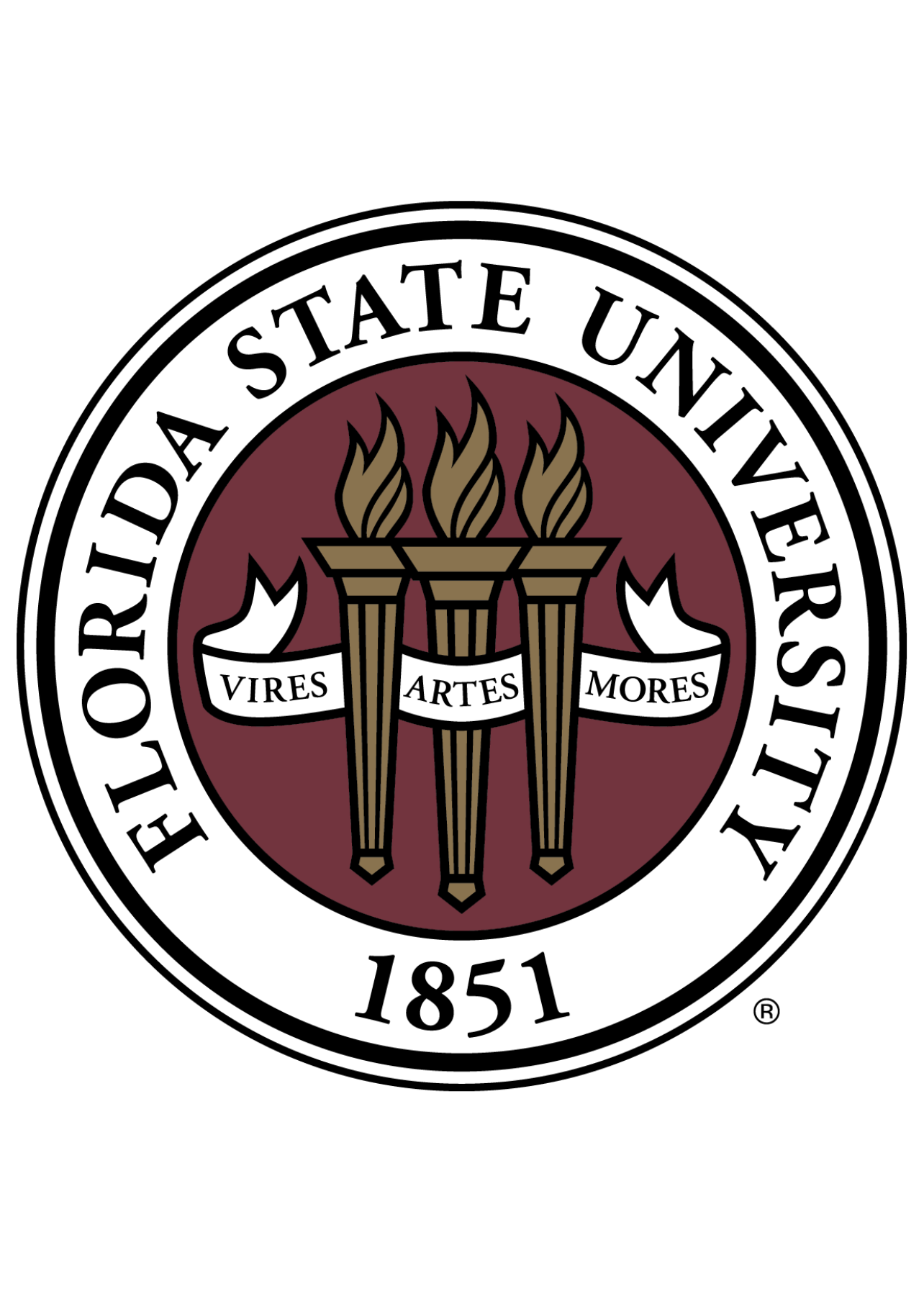
Florida State University
Intelligent Score: 94.43In-state: $4,640
Out-of-state: $19,084
In-state: $9,684
Out-of-state: $9,684
SAT: 1220-1350
ACT: 27-31
In-State: $215
Out-of-State: $721
On-Campus
Southern Association of Colleges and Schools Commission on Colleges
120

Iowa State University
Intelligent Score: 93.28In-state: $8,042
Out-of-state: $23,230
In-state: $9,758
Out-of-state: $9,758
SAT: 1010-1310
ACT: 21-28
In-State: $376
Out-of-State: $1,091
On-Campus
Accreditation Commission for Programs in Hospitality Administration
123
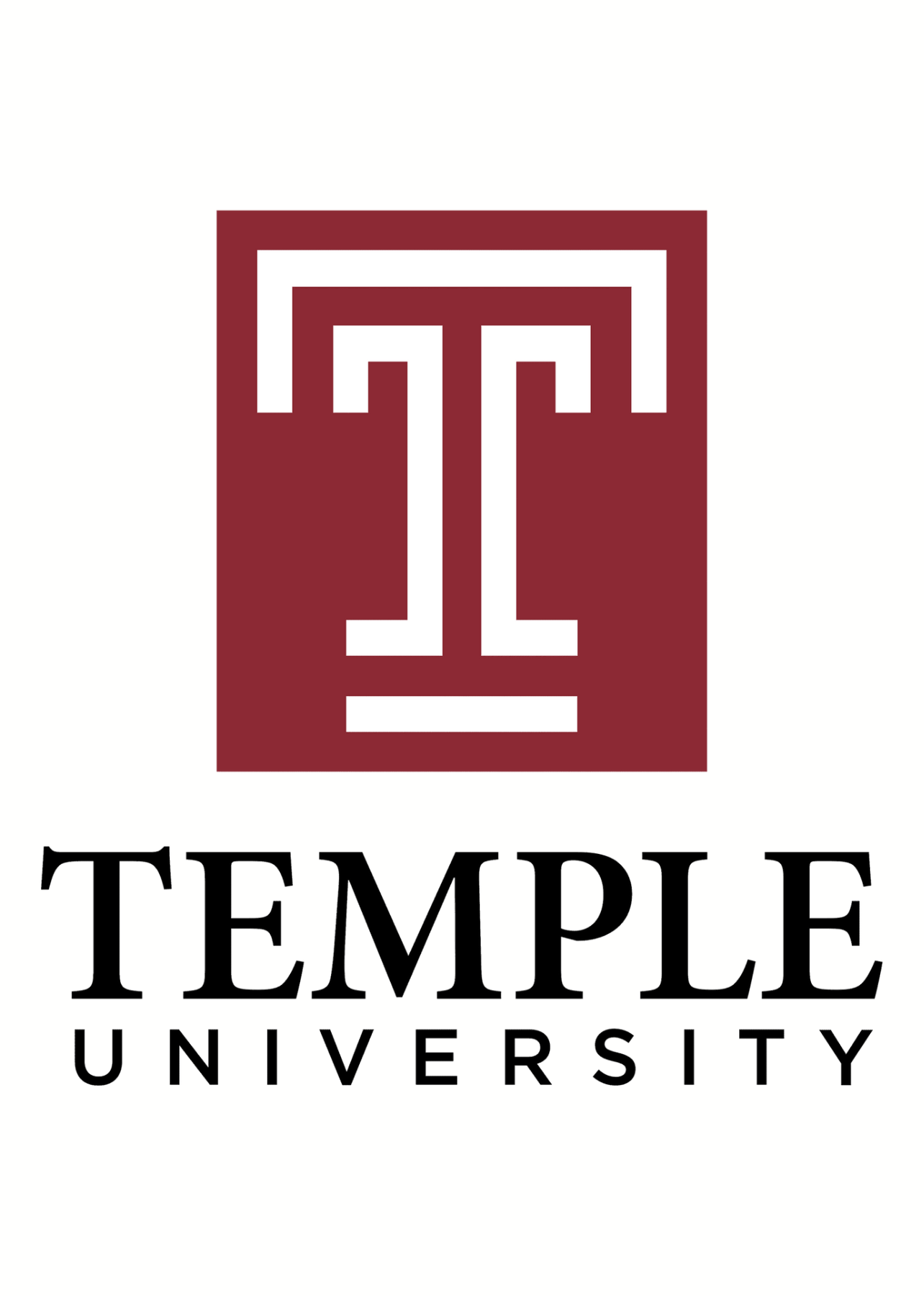
Temple University
Intelligent Score: 92.82In-state: $16,080
Out-of-state: $28,992
In-state: $16,956
Out-of-state: $16,956
SAT: N/A
ACT: N/A
In-State: $951
Out-of-State: $1,630
On-Campus
Middle States Commission on Higher Education
124

Purdue University
Intelligent Score: 92.67In-state: $9,208
Out-of-state: $28,010
In-state: $9,208
Out-of-state: $9,208
SAT: 1170-1420
ACT: 25-33
In-State: $527
Out-of-State: $1,127
On-Campus
Higher Learning Commission
120

Washington State University
Intelligent Score: 92.07In-state: $10,202
Out-of-state: $25,145
In-state: $11,781
Out-of-state: $11,781
SAT: 1020-1210
ACT: 20-26
In-State: $577
Out-of-State: $1,381
On-Campus
Northwest Commission on Colleges and Universities
120

University of South Carolina
Intelligent Score: 89.5In-state: $12,288
Out-of-state: $33,528
In-state: $13,737
Out-of-state: $13,737
SAT: 1140-1340
ACT: 25-31
In-State: $512
Out-of-State: $1,439
On-Campus
Accreditation Commission for Programs in Hospitality Management
120
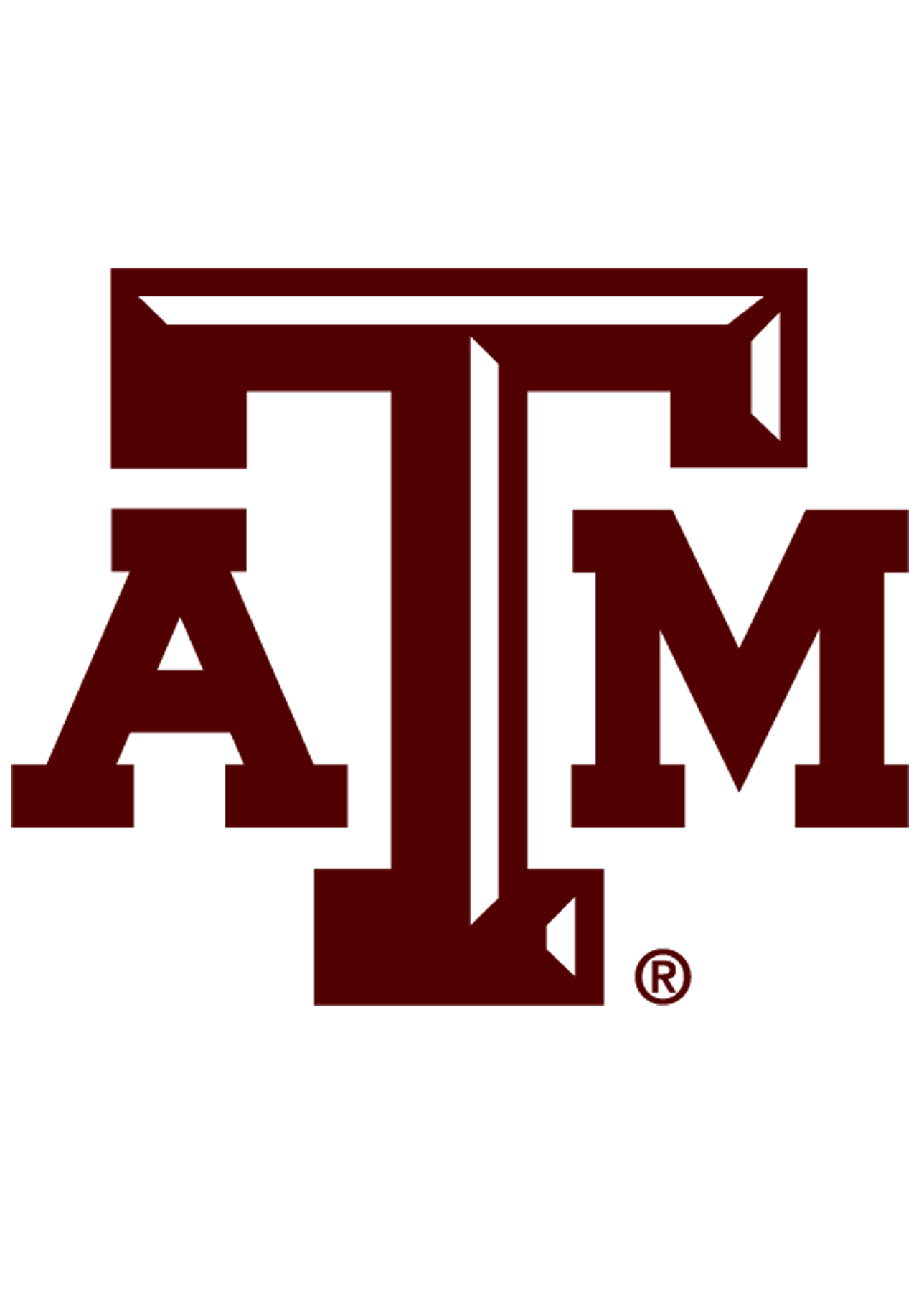
Texas A&M University
Intelligent Score: 89.35In-state: $8,395
Out-of-state: $36,849
In-state: $6,775
Out-of-state: $6,775
SAT: 1160-1380
ACT: 26-32
In-State: $676
Out-of-State: $1,618
On-Campus
Southern Association of Colleges and Schools Commission on Colleges
120

Pennsylvania State University
Intelligent Score: 87.7In-state: $15,025
Out-of-state: $24,413
In-state: $22,464
Out-of-state: $22,464
SAT: 1070-1300
ACT: 24-29
Resident: $884
Non-Resident: $1,734
On-Campus
Middle States Commission on Higher Education
120
How to Choose a Hospitality Management Program
Choose your area of study
Students should choose the type of degree program and specialization that best aligns with their educational goals and career aspirations. Hospitality management programs are offered as Bachelor of Arts, Bachelor of Science, or Bachelor of Business Administration degrees — each option differs in its focus and curriculum.
A Bachelor of Arts degree focuses on general studies, including arts, communication, and humanities, while Bachelor of Science degrees concentrate on more technical topics, including sciences, technology, and math. Bachelor of Business Administration degrees focus on business-based education.
Students can choose from specialties, including tourism, food and beverage, and event planning. The specialty you choose should align with your desired career path and interests. For guidance in narrowing down your options, speak with an academic advisor at any of the institutions you’re considering. They’ll discuss your goals, interests, and experience to help determine which option is best for you.
Research schools and programs
When researching schools and programs, look for those with regional and program accreditation. Regional accreditation ensures that the institution meets a universal quality standard recognized by employers and other organizations. Students who attend an accredited institution will have a greater chance of being hired or accepted into further education. Accreditation also provides easier access to financial aid and government grants.
Look for programmatic accreditation from the Accreditation Commission for Programs in Hospitality Administration (ACPHA) or the Association to Advance Collegiate Schools of Business (AACSB). These accreditations ensure that a program meets the industry’s curriculum standards.
Visit the school in person, browse the website, attend open houses, and review its social media channels to gain insights into its culture, program formats, housing options, and extracurriculars. This will help you narrow down your decision to match your lifestyle and logistical needs.
Prepare for tests and applications
Before applying for a degree in hospitality management, familiarize yourself with the admission requirements. The application requirements will vary by institution, but most will require:
- Recent transcripts
- SAT or ACT scores
- A personal essay
- Letters of recommendation
- An English proficiency test (if English is your second language)
As you complete the application process, speak with an admissions advisor to ensure you have all the correct documents. They’ll provide a detailed list of the requirements and discuss any application fees due at the time of submission.
Select your program
When making your final decision, review the information you’ve gathered about each school and program. Choose the program that fits your lifestyle needs and aligns with your future career goals. Consider whether the program is in-person or online, full-time or part-time, and has asynchronous or synchronous classes.
For further guidance, you can speak with an academic advisor. They’ll review your options and help you determine the best fit.
Determine how you’ll pay for your degree
Create an estimate of your annual expenses to determine if you’ll need financial assistance. Add up your tuition, fees, and living costs, including:
- Supplies and materials
- Housing
- Transportation
- Living expenses
Complete the Free Application for Federal Student Aid (FAFSA) to determine your eligibility for federal grants, work-study funds, loans, and scholarships. Pay attention to application deadlines and make sure you have all of the correct materials gathered.
If you currently work in hospitality, ask your employer if they offer financial assistance for industry-related schooling. Some employers will fund or contribute to the education costs of employees who are taking classes that benefit their careers.
What Can You Expect From a Hospitality Management Program?
A hospitality management degree provides students with a thorough understanding of business practices relating to the hospitality industry. Students learn the procedures, practices, and operations to succeed in a managerial role in organizations such as hotels, property groups, cruise ships, restaurants, and clubs.
While the curriculum varies by institution, most hospitality management degrees cover business practices, financial operations, marketing, human resources, entrepreneurship, and ethics. Most programs require four years of full-time study and use a variety of learning methods, including lectures, group discussions, presentations, essays, projects, and exams.
Potential courses you’ll take in a hospitality management program
- Essentials of Hospitality Leadership. Students study the processes, concepts, and tools used in hospitality leadership. They’ll cover problem-solving, communication, motivation, and decision-making in the hospitality industry.
- Managing Hospitality Finances. This course introduces the basics of accounting as it relates to the hospitality industry. Students learn the accounting procedures and concepts that contribute to the success of a hospitality business.
- Introduction to Lodging Management. Students learn the fundamentals of managing a lodging operation, including reservations, occupancy, registration, checkout procedures, and staff management.
- Hospitality Human Resource Development. This course is a study of human resource operations in the hospitality industry. Topics include leadership styles, communication, training and recruitment, staff retention, and conflict resolution.
Hospitality Management Degree Frequently Asked Questions
How do I apply to a hospitality management degree program?
The first step in applying for a hospitality management degree is to review the school’s admissions website and make note of the application deadline. The website will outline the required materials and the date by which they need to be submitted. You’ll likely need to submit your transcripts, SAT or ACT scores, an essay, and letters of recommendation. Speak with an admissions counselor to ensure you have the correct documentation and meet the requirements for the degree.
How much does a hospitality management degree cost?
The average annual cost of tuition and fees for a hospitality management degree is $16,618. Students who choose to live on campus can expect their yearly costs to increase by an average of $12,415. The total cost of the degree will depend on the program, housing, lifestyle, and schedule you choose.
How long does it take to earn a hospitality management degree?
Most hospitality management degrees require 120 to 180 credits to graduate. This will typically take students four years of full-time study, whether they attend classes online or in person. Some programs offer flexible schedules that allow students to complete asynchronous classes at their own pace, resulting in a longer completion time.
